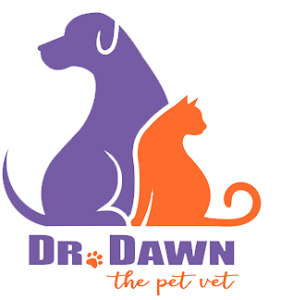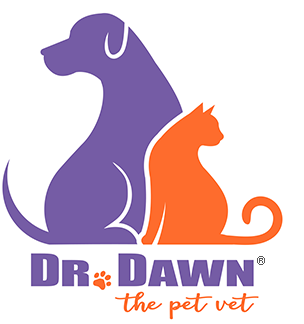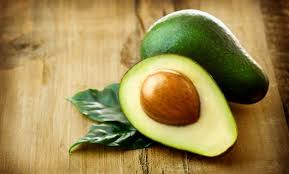Cats have a somewhat delicate digestive system, compared, say, to dogs. They have more sensitive enzyme systems. Also, because they are small, they are more sensitive to toxins, than a larger pet. It is important to know what not to offer, or allow them to steal off a counter or dinner plate. They do not always look out for their best interest when in the kitchen. Do the feline food quiz below, and see if the food statements are true or false. Let’s see how well you “fare” in your instincts in this department.
True or False
- Sushi: It is safe to request a “kitty to-go bag” at your favorite sushi restaurant and to share your leftovers with your cat.
- Avocados are healthy sources of potassium for cats.
- Macadamia nuts are packed with protein, making them safe to give as an occasional treat.
- Chocolate, especially dark chocolate, can cause an accelerated heart rate, tremors, and seizures it ingested by your cat.
- Dry cat food cannot be counted on to remove tartar buildup on your cat’s teeth.
1.False: Many people believe that sushi is safe for cats. But, left unrefrigerated, even human-grade sushi, or raw fish in general, can contain bacteria, such as salmonella. That may, in turn, cause vomiting and diarrhea in your cat.
 2. False: An avocado, technically a fruit, but it should be kept out of your cat’s reach. Persin is a compound found in the leaves and fruit. It’s ingestion may cause vomiting and diarrhea in cats.
2. False: An avocado, technically a fruit, but it should be kept out of your cat’s reach. Persin is a compound found in the leaves and fruit. It’s ingestion may cause vomiting and diarrhea in cats.
3. False: Macadamia nuts may be tasty, but they are a choking threat to cats. Also, they can cause vomiting and diarrhea, and in some cases, even paralysis.
 4. True: Some cats may be attracted to the shiny wrapper that often holds chocolate, and ingest it while biting through the wrapper. The threat comes with ingestion of a compound called theobromine, an ingredient in chocolate. It can cause the dangerous health symptoms listed. And, the darker the chocolate, the greater the concentration of theobromine, the greater the risk.
4. True: Some cats may be attracted to the shiny wrapper that often holds chocolate, and ingest it while biting through the wrapper. The threat comes with ingestion of a compound called theobromine, an ingredient in chocolate. It can cause the dangerous health symptoms listed. And, the darker the chocolate, the greater the concentration of theobromine, the greater the risk.
5. True:Dry cat food can still cause tartar and dental disease. If they chew it, it may produce a little less tartar than canned food, but giving dry cat food will not substitute brushing, and it won’t prevent it. There are some prescription dry cat diets that will help with dental, made specifically for this issue. Ask your veterinarian about it.
Always be on the look out, in general, for signs that your cat may be experiencing an adverse reaction to food he may have ingested. They include not just vomiting and diarrhea, but excitability, excessive salivation and possibly loss of consciousness. One cat may react differently than another, as the precise symptoms depend on many factors, including his age, health condition, amount of food ingested and the time period between ingestion and veterinary treatment.
If you want to learn more about cat nutrition, here are some excellent online resources:
Cornell University’s Feline Health Center:
vet.cornell.edu/fhc/health_resources/feedyourcat.cfm
Winn Feline Foundation:
winnfelinefoundation.org
Pet Poison Helpline:
petpoisonhelpline.com
Dr. Dawn
Please share and subscribe here








